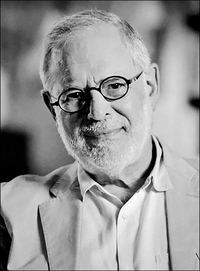Winchell: Gossip, Power and the Culture of Celebrity
Neal Gabler. Alfred A. Knopf, $30 (681pp) ISBN 978-0-679-41751-4
Inventor of the modern gossip column in the 1920s, pioneer in the mass culture of celebrity and a political opportunist who turned from populism to Red-baiting with the prevailing winds, Walter Winchell (1897-1972) changed 20th-century journalism and society, asserts Gabler (An Empire of Their Own). His thorough biography stylishly tells of Winchell's tortured personal life and high-flying career. Born to Russian-Jewish immigrants in Harlem, Winchell drew on deprivation for his drive, which took him from vaudeville to writing Broadway gossip with a jaunty slang that matched ``the syncopated rhythm of the twenties.'' By the 1930s, he had become a ``journalistic entertainer'' on radio, on the stage and in movies; he helped establish the new, glamorous cafe society. In 1934, he injected himself into the trial of Bruno Richard Hauptmann, who was eventually convicted of the kidnap-murder of the Lindbergh baby; he became a prominent New Deal supporter and a mouthpiece for the Roosevelt administration. After the war, however, Winchell foundered in both family and professional life; he fought his enemies in public feuds, and proved too hot for the ``cool'' medium of television. His radio broadcasts ended in 1959; his column, after 38 years of association with Hearst, in 1967. Winchell's legacy, Gabler notes, is today's mania for gossip. Photos. Film option to Martin Scorsese. (Nov.)
Details
Reviewed on: 10/03/1994
Genre: Nonfiction
Hardcover - 978-0-517-17401-2
Paperback - 704 pages - 978-0-679-76439-7


